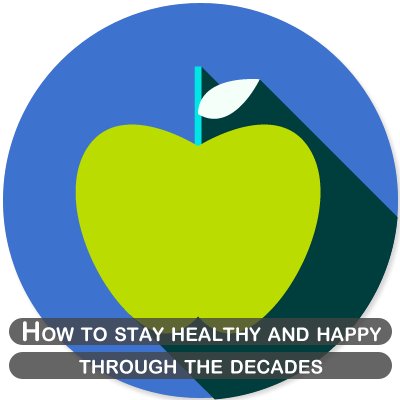How to stay healthy and happy through the decades
UCLA's Alan Castel focuses on the benefits of old age, and provides tips for longevity, specific goals, physical exercise, meaningful life

Main titles
- UCLA psychology professor Alan Castel has written a new book, “Better with Age: The Psychology of Successful Aging” (Oxford University Press).
- There are personal accounts from older Americans, including Maya Angelou, Warren Buffett, Bob Newhart, David Letterman, Kareem Abdul-Jabbar, & John Glenn.
- Mark Twain, Paul Cezanne, Frank Lloyd Wright, Robert Frost and Virginia Woolf, and other did much of their best work when they were older.
Get the book now!
“There are a lot of myths about aging, and people often have negative stereotypes of what it means to get old. I have studied aging for two decades, and have seen many impressive role models of aging, as well as people who struggle in older age. This book provides both science behind what we can to do age well and role models of successful aging. While some books focus on how to try to prevent or delay aging, ‘Better with Age’ shows how we can age successfully and enjoy the benefits of old age. I have combined the lessons the psychology of aging teaches us with insights from some of the people who have succeeded in aging well.” - Alan Castel
- Successful aging involves being productive, mentally fit, and, most importantly, leading a meaningful life.
Get the book now!
Tips for longevity
- Walking or other physical exercise is a very effective method, and may even reverse the effects of aging.
- Adequate sleep can offset dementia as can speaking many languages.
- Lifelong reading, puzzle games, playing musical instruments and dancing.
- Setting specific goals, for example eating less french fries instead of eating less fast food.
- Connecting with others (and not to the internet) thereby having a more active social life.
Source: newsroom.ucla.edu

 vneo
vneo 













